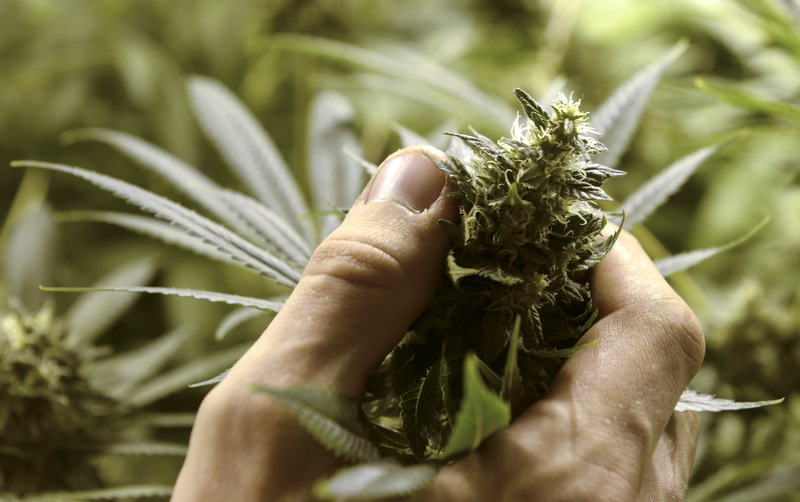California Case Could Be A Pivotal Moment In Ending The War On Marijuana
On Jan. 14, 2015, one of the most important criminal cases regarding the status of marijuana as a Schedule I substance will be heard at the U.S. District Court for the Eastern District of California.
The case is significant because, if it is dismissed, it would challenge federal law that says marijuana has no medicinal value, providing a first step toward potentially declaring the government’s war on marijuana unconstitutional.
In the case United States v. Bryan R. Schweder, et al., the defendants are charged with growing marijuana in Shasta-Trinity National Forest, a federally designated national forest in northern California.
The defense has called into question the Drug Enforcement Administration’s classification of marijuana as a Schedule I substance, which means that it is considered a dangerous drug with a high potential for abuse and it has no medical use.
Other drugs in this category include heroin, LSD, ecstasy, methaqualone, and peyote.
John Balazs, an attorney in northern California, who has been monitoring the case, explained the defense strategy to MintPress News as follows:
The defendants’ attorneys, Zenia Gilg and Heather Burke, are arguing that even if marijuana has been classified as a Schedule I substance, there is no rational basis for that classification.
They also argue that marijuana does have medicinal value, as evidenced by numerous medical professionals and recent laws in states which have legalized marijuana.
“The result is,” Balazs said, “if they win, the case will be dismissed.”
This case might be the first time that this defense has been allowed to proceed since the drug classifications laws were created in the 1970s.
Expert witnesses for the defense included doctors and researchers, including Dr. Philip Denney, M.D., and Dr. Carl Hart, Ph.D., who testified about marijuana’s safe and therapeutic uses.
Hart is an associate professor at Columbia University’s Department of Psychology, where he studies the effects of cannabis on people, while Dr. Denney is a physician and co-founder of a medical marijuana clinic where he has attended to thousands of patients.
SFGate, a Hearst-owned website, which reported on the October hearing, wrote that the two medical professional declared that the federal classification of marijuana as “very dangerous” and “lacking medical use” was indefensible.
However, if the case is dismissed, the ruling would only apply to these defendants—it would not become the law of the land.
Speaking to MintPress, Balazs said he believes that whichever side loses is going to appeal the decision.
The appeal would go to the U.S. Court of Appeals for the Ninth Circuit, which would then decide on the case.
From there, if the U.S. Supreme Court believed it was an appropriate case for them to take up, they would then decide on it.
If the case is dismissed, it could act as a watershed for similar court cases across the U.S., as defendants around the country are currently facing decades in prison for violating marijuana laws that over half of Americans disagree with, according to Pew Research Center.
Currently, 23 states, plus Washington, D.C., have legalized medical marijuana, while four states—Colorado, Washington, Oregon and Alaska—have passed measures to legalize marijuana use.
In total, 14 states have passed laws decriminalizing marijuana.



